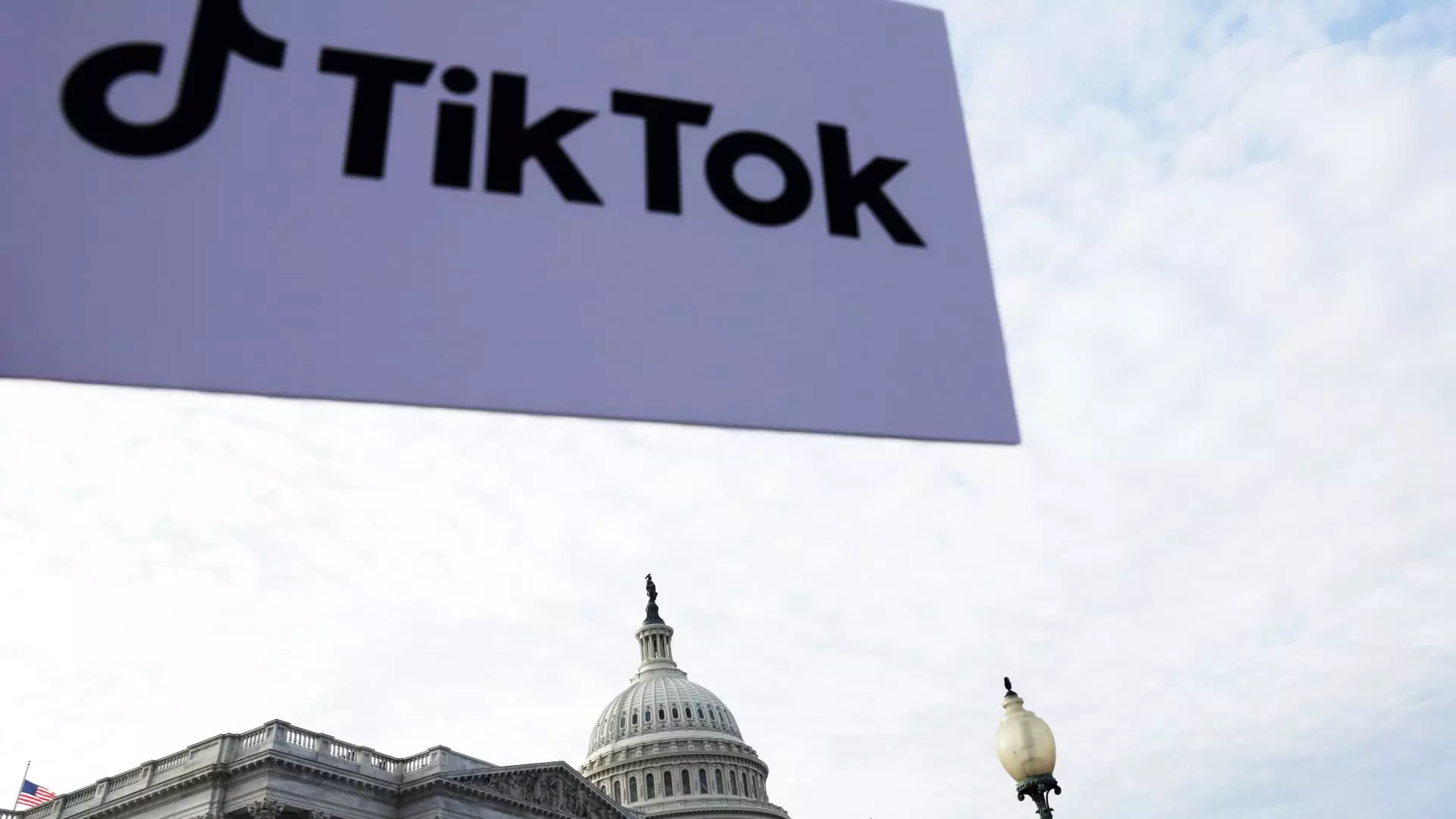In a significant political maneuver, members of a U.S. House Committee have reached out to top executives at Apple and Google, urging them to prepare for a potential ban on TikTok, the immensely popular social media platform. This warning comes in the wake of a recent court ruling which could lead to the app’s exit from the U.S. marketplace as early as next month. The correspondence sent on Friday to Tim Cook and Sundar Pichai from Representatives John Moolenaar and Raja Krishnamoorthi references the ongoing tensions between the U.S. government and TikTok’s parent company, ByteDance, which is based in China.
The legislators highlighted the implications of a ruling from the U.S. Court of Appeals in Washington, D.C., mandating ByteDance to divest itself of TikTok by January 19. Should the company fail to adhere to this ultimatum, Apple and Google would be mandated by law to remove TikTok from their respective app stores, fundamentally altering the accessibility of the platform within the United States.
The lawmakers’ letters elucidated the legal foundations surrounding the potential ban. They cited provisions that would render it illegal for Apple and Google to provide services for the distribution, maintenance, or updating of TikTok without a compliant divestiture. This law is rooted in national security worries, signaling a broader apprehension regarding foreign interference in domestic affairs. The representatives underscored that TikTok had ample time to rectify the situation since the law’s inception.
They also communicated with TikTok’s CEO, Shou Zi Chew, reiterating the urgency for compliance. With nearly 170 million U.S. users at stake, TikTok finds itself at a crossroads where the legal landscape threatens its operational future.
TikTok has responded to this legislative pressure by proclaiming that the law infringes upon constitutional rights, specifically those outlined in the First Amendment. They assert that a ban on TikTok would have severe implications not only for the platform but also for the vast number of small businesses and content creators who rely on it for income. The company projects a staggering figure of $1.3 billion in losses across its active user base should the ban materialize.
Furthermore, TikTok has filed for an emergency injunction to forestall the impending restrictions until the Supreme Court can contemplate the merits of its appeal. This legal move spotlights TikTok’s intent to defend its position vigorously; however, the outcome remains uncertain as the legal framework evolves rapidly.
The political dimension surrounding TikTok’s potential ban intensifies with the involvement of President-elect Donald Trump, who previously attempted to impose restrictions on the app during his administration. However, his subsequent associational leverage—through ties to influential investors like Jeff Yass—suggests that the narrative might be shifting. This scenario encapsulates a complex intertwining of politics, corporate investment, and national security discourse.
Yass, a significant player in the financial world, holds substantial stakes in both ByteDance and ventures associated with Trump, complicating the political landscape in which TikTok operates. The looming question is whether Trump’s administration will prioritize the application of the law against TikTok or acquiesce to existing investments and political affiliations.
As the deadline for ByteDance to secure TikTok’s divestiture approaches, the stakes are higher than ever. The repercussions of a TikTok ban extend beyond the app itself—they threaten to disrupt the small business economy and inject further uncertainty into U.S.-China relations. With legal discussions poised to reach the highest court in the land and economic ramifications at the forefront, this unfolding saga is set to leave an indelible mark on the digital landscape, user rights, and national security protocols. The intersection of technology, law, and politics presents a defining moment in how the U.S. navigates foreign applications amid an evolving geopolitical climate.

